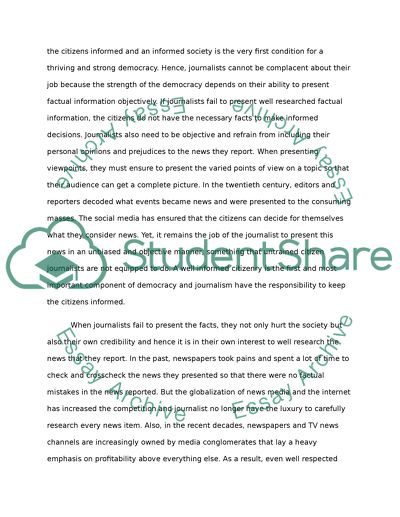Cite this document
(“Being a journalist is not like working in a baked bean factory : Essay”, n.d.)
Being a journalist is not like working in a baked bean factory : Essay. Retrieved from https://studentshare.org/journalism-communication/1476109-ypbeing-a-journalist-is-not-like-working-in-a
Being a journalist is not like working in a baked bean factory : Essay. Retrieved from https://studentshare.org/journalism-communication/1476109-ypbeing-a-journalist-is-not-like-working-in-a
(Being a Journalist Is Not Like Working in a Baked Bean Factory : Essay)
Being a Journalist Is Not Like Working in a Baked Bean Factory : Essay. https://studentshare.org/journalism-communication/1476109-ypbeing-a-journalist-is-not-like-working-in-a.
Being a Journalist Is Not Like Working in a Baked Bean Factory : Essay. https://studentshare.org/journalism-communication/1476109-ypbeing-a-journalist-is-not-like-working-in-a.
“Being a Journalist Is Not Like Working in a Baked Bean Factory : Essay”, n.d. https://studentshare.org/journalism-communication/1476109-ypbeing-a-journalist-is-not-like-working-in-a.


